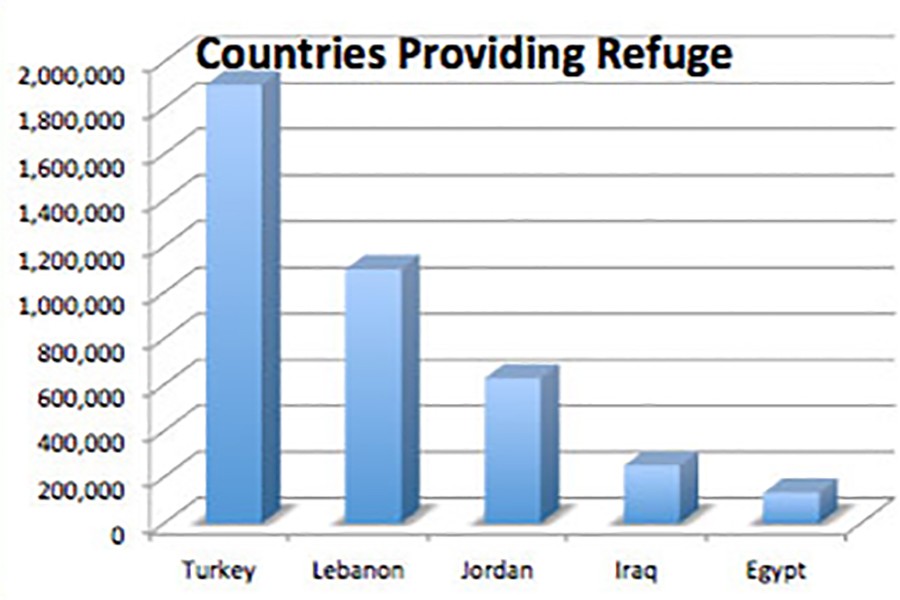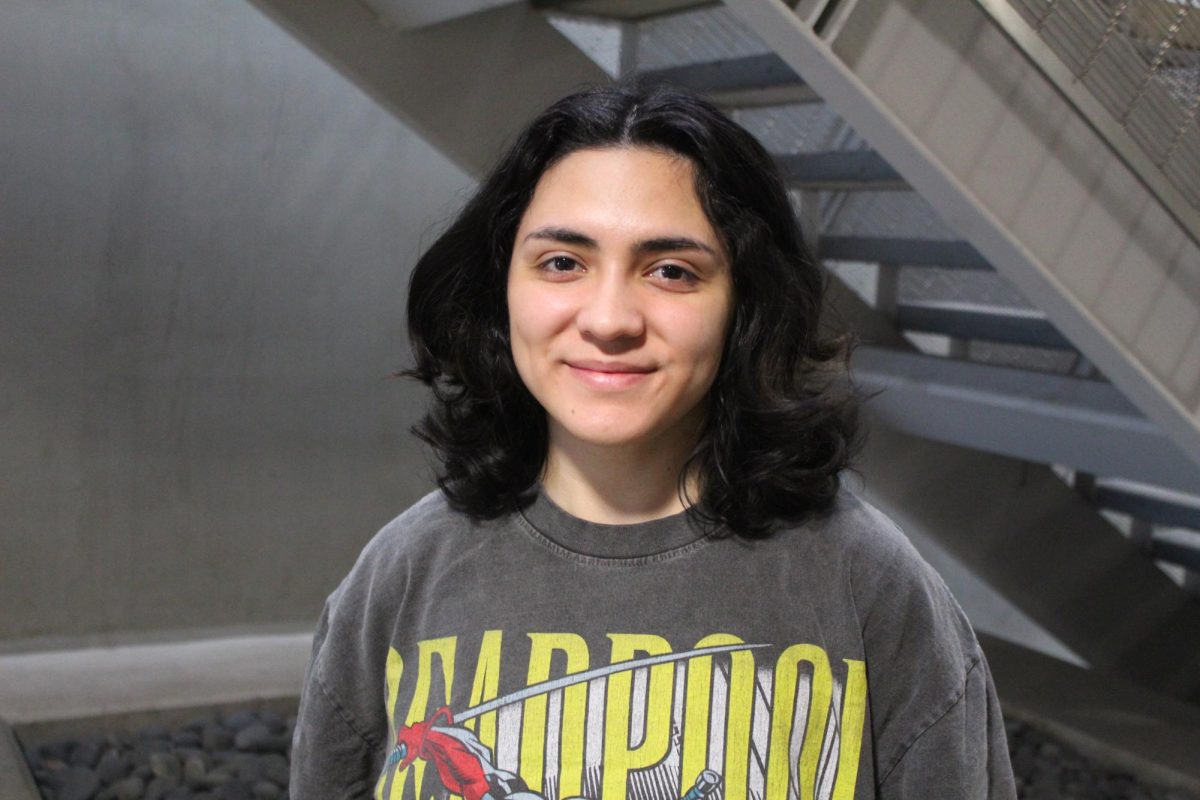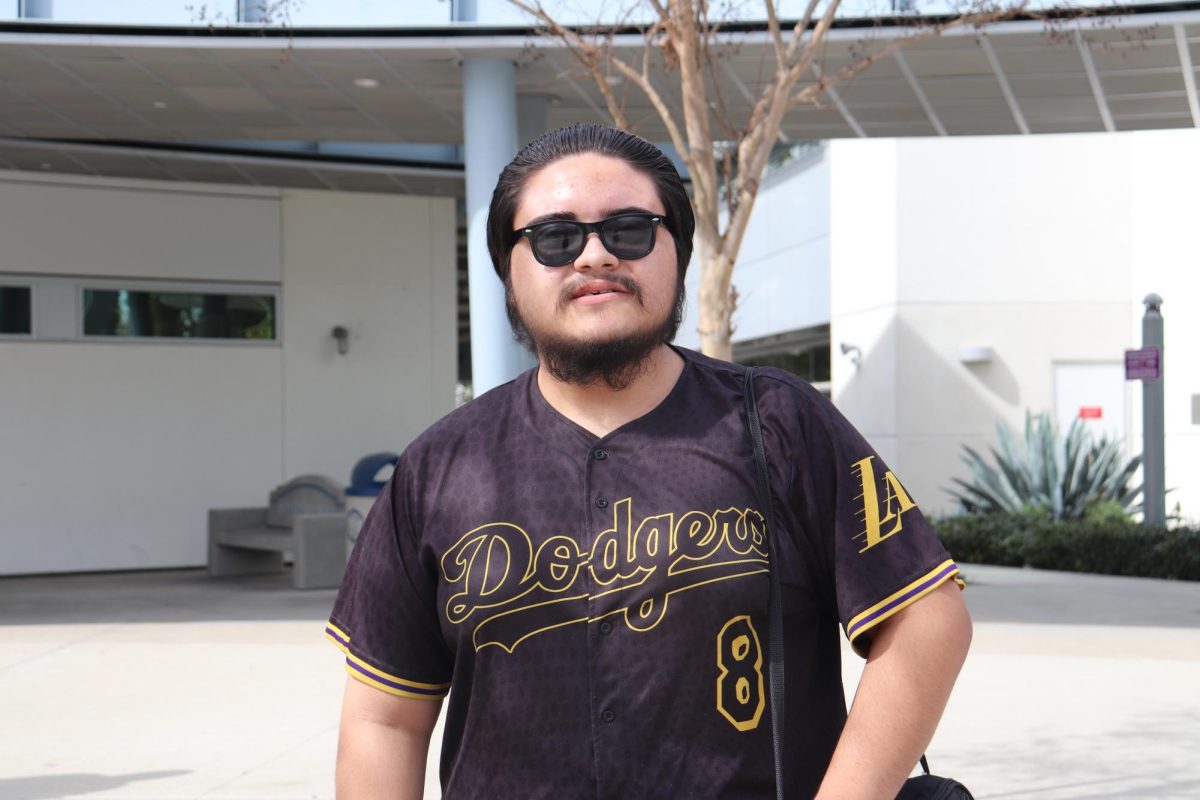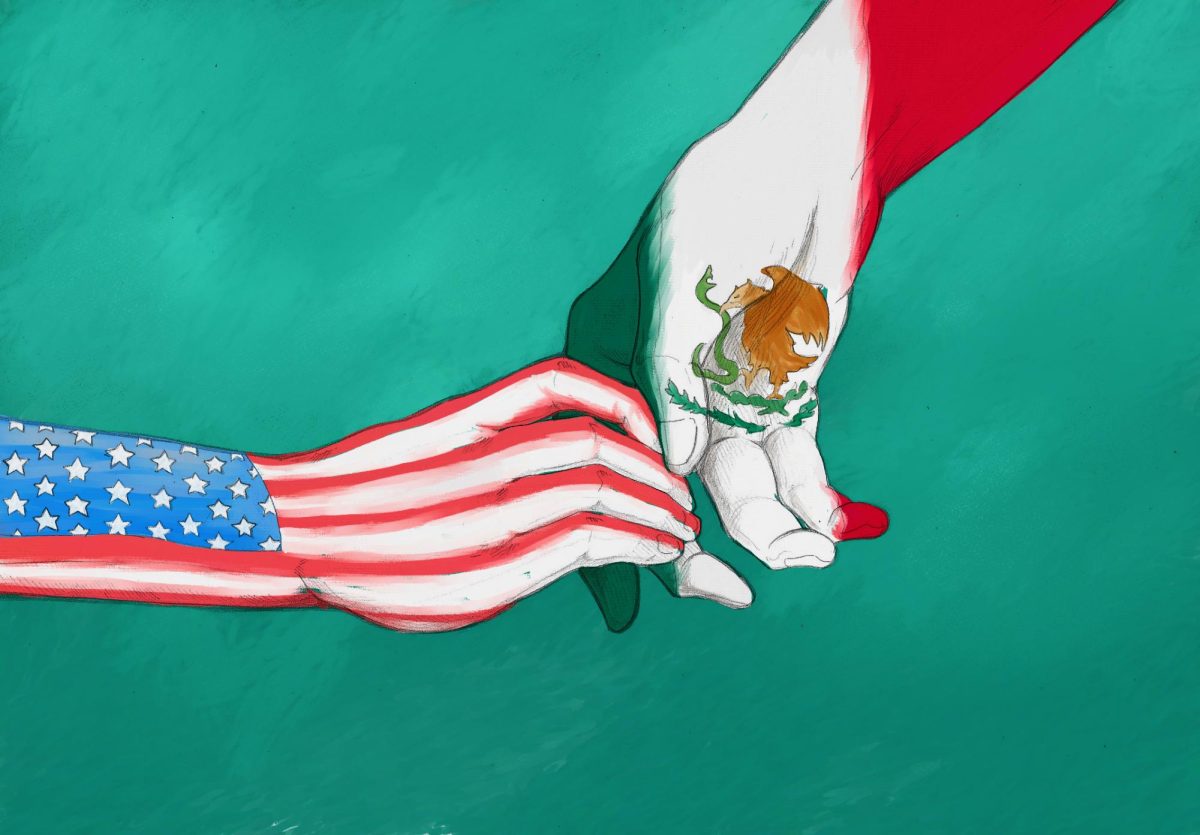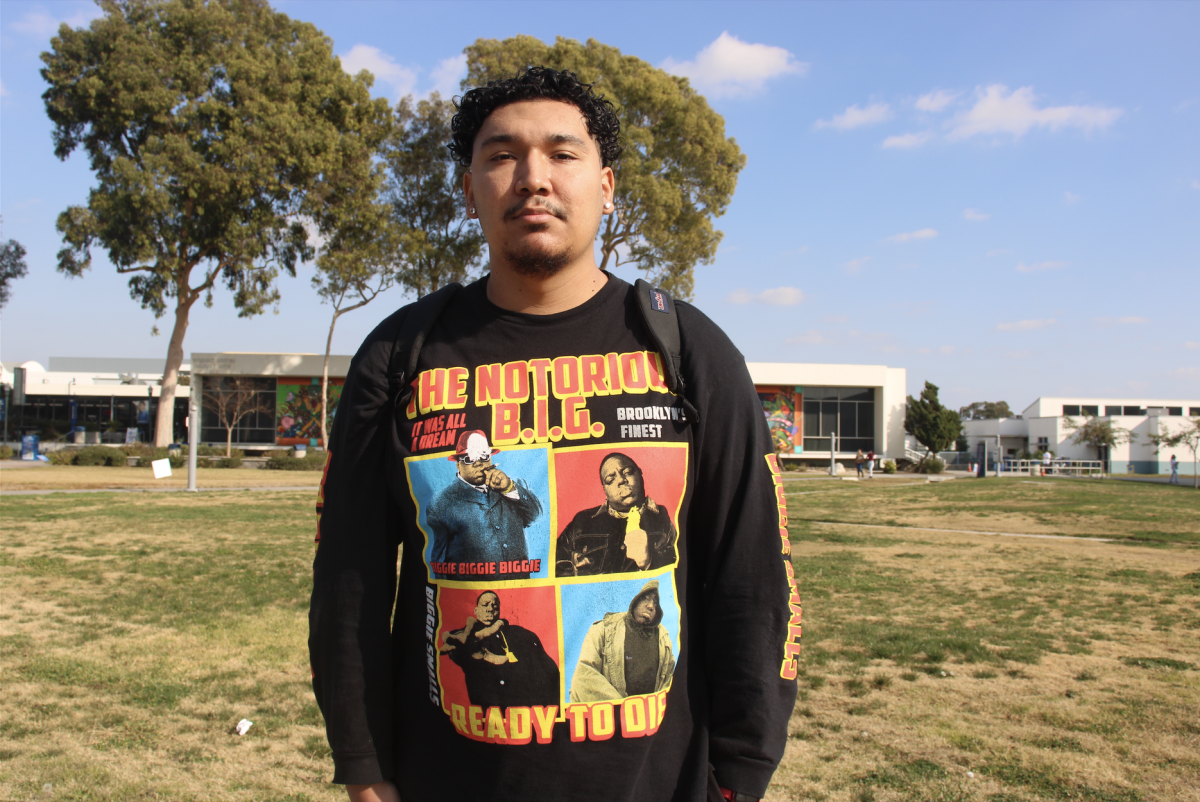The boy who was washed up to shore and carried by a Turkish national guard has been ingrained into the public eye, allowing for the Syrian struggle to be personified with a human appeal.
It’s interesting to see how mass perception plays out with the assistance of the major media outlets, this being a fairly recent one.
These mediums of communication play a key role in engaging the people and prompting action, which raises concern over their timing, raising awareness after more than four years of civil unrest in Syria.
It’s a shrewd way of pointing a finger at Gulf States that have a strong propensity to act with their best interest in mind.
Saudi Arabia, Kuwait, Qatar, Bahrain, Oman and the United Arab Emirates (UAE) have refused to accept any Syrians officially as refugees due to their involvement in the war going on nearby.
These Gulf States have not signed the 1951 Refugee Convention and thereby do not recognize Syrians as refugees.
Although, it is safe to say the surrounding Gulf States are contributing to the daily sustenance of these refugees with the Kuwait contributing the most at $940 million.
With the majority of Syrians fleeing to Turkey and Jordan, being countries much less prosperous than their counterparts, it showcases the dynamic between people fighting for the right to proper government, among other issues including nations fighting over land and resources.
From the aftermath of the Second World War, the economies across the globe have become more interconnected and interdependent with and of each other, this being a factor for alliance during war efforts.
As a consequence, nations with vested interests in Syria’s war conflict have chosen to not allow refugees into the country, apart from the cultural aspect of demographics.
As Russia, South Korea, Singapore and Japan refuse to engage in this humanitarian initiative, it allows for an individual to understand their stance in this conflict from the military and revolt perspective.
It is their responsibility to accept these persons of need for a place to stay and have the ability to work, especially because they share the language and it would allow for a smooth transition into the culture.
It’s only a humanitarian call to action that anyone in need would ask for.



